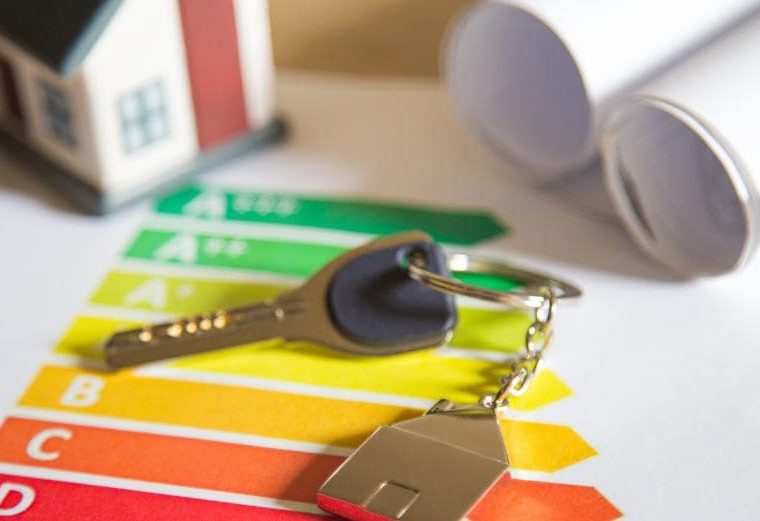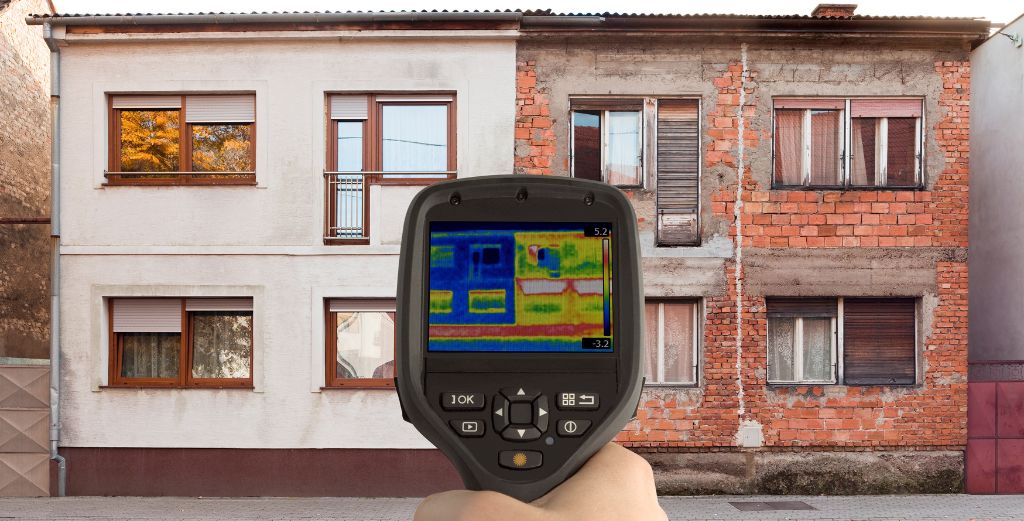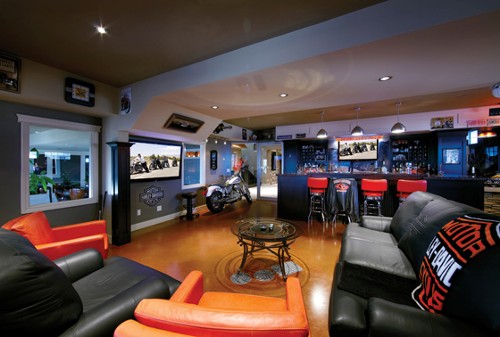When you’re looking for a new home, there are a lot of factors to consider. Things you never thought about BEFORE it was time to buy a house. These things can be anything from the school system, the number of bathrooms the house provides, the backyard and even the swimming pool. But whatever you do, don’t overlook one of the most important considerations that could make an overall difference of thousands of dollars over the course of the time you’re living there. How energy efficient is the home going to be? The more energy the home conserves, the less you pay each month. Make a solid long-term investment even better by finding a house that will keep your utility bills to a minimum.
What to Look For
When you are touring a home, keep an eye out for features that will limit your energy usage:
- The appliances are a good place to start. Does the house have an ancient refrigerator or antique furnace still creaking away? If so, get ready for high utility bills. However, if you find a home that’s stocked with newer equipment that complies with federal energy-efficiency requirements, you’ll have a much easier time when it comes to writing the checks each month.
- Also look for tankless or instant water heaters, which will reduce both your water and energy usage.
- Homes that have smart thermostats installed will automatically adjust your heating and cooling systems to find the maximum savings.
- Make sure the house is VERY well insulated to trap the air conditioning in the summer and heated air in the wintertime.
- If you can snag a home with solar panels, you should enjoy a sharp reduction in your electricity bills.
- The orientation of the house itself can be beneficial — look for south-facing windows that you can use to capture free heat from the sun in the winter.
- Windows should be double or even triple paned to stop unwanted temperature transfers to the outdoors.
- One more factor to consider is the home’s square footage. You’ll want enough space for your family, but remember that every extra room means more air to heat and cool. Instead of going for the biggest house you can afford, think about downsizing to keep your bills under control.
The Power of Verification
When it comes to the efficiency of energy in your potential new home, trust, but understand the power of verification. How do you make sure that the savings that the seller is boasting are all that they’re cracked up to be? If a seller is making a point of how inexpensive it is to heat and cool the home, they should be willing to prove it by giving you a glimpse at the electricity and plumbing bills. In this way, you can get a realistic idea of how much you’ll need to budget each month for utilities.
One more important step is to hire an expert to give the home a thorough energy audit before you purchase. An experienced professional can inspect the insulation, check for drafts and assess the HVAC equipment. If you decide to go forward with this, an energy audit can also give you ideas about where to make even more efficiency upgrades. And if the audit comes back with disappointing results and you pass on the house, you’ll have saved yourself from making an expensive mistake.






